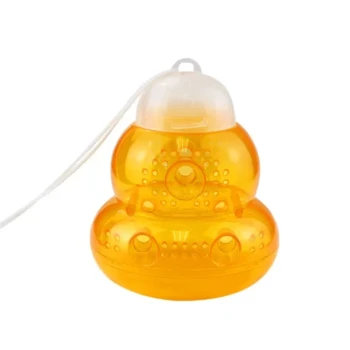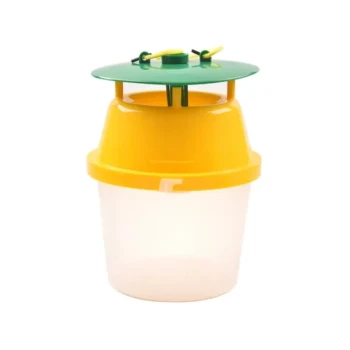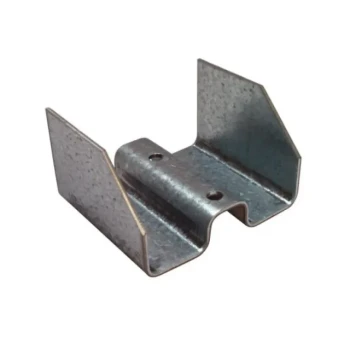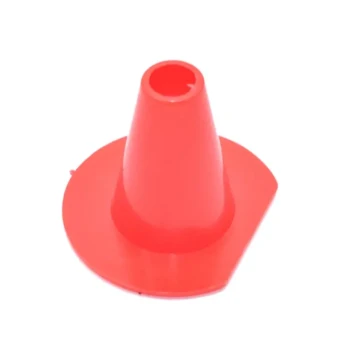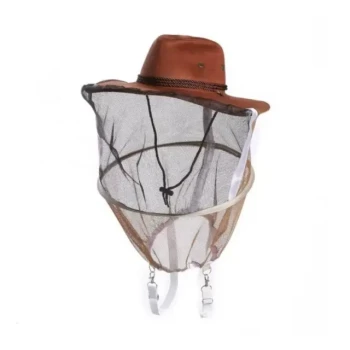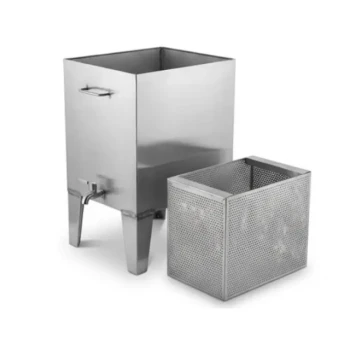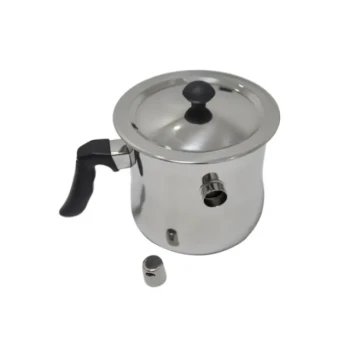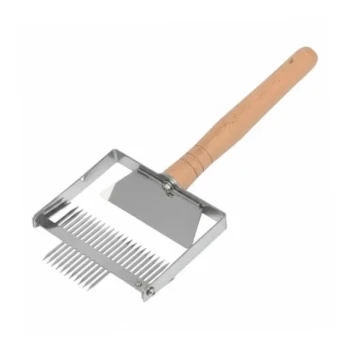For scent-based wasp deterrents, the most effective are concentrated essential oil blends, particularly those containing clove, geranium, and lemongrass. These compounds work by overwhelming a wasp's powerful sense of smell, creating an environment that is confusing and irritating for them to navigate. While many natural scents are unpleasant to wasps, the potency and combination of specific essential oils provide the most reliable repellent effect.
The core challenge isn't just finding a scent wasps dislike, but creating an olfactory barrier strong enough to override the food and shelter signals that attract them in the first place. An effective strategy combines potent repellents with the removal of common attractants.
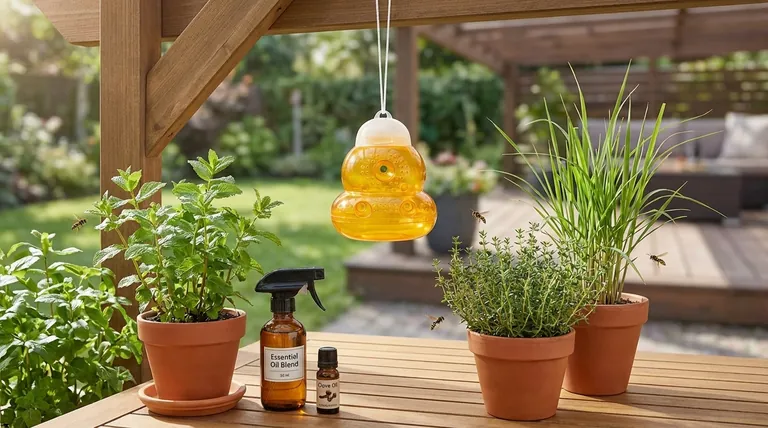
Why Scent-Based Repellents Work
To use deterrents effectively, it's important to understand how they interact with a wasp's biology. Their behavior is driven almost entirely by scent.
A Wasp's Primary Navigation Tool
Wasps have an incredibly sensitive and vital sense of smell. They use it to locate food sources (sugars and proteins), find water, identify suitable nesting materials, and communicate with other wasps.
The Principle of Olfactory Overload
Potent scents from essential oils don't act as a poison. Instead, they function as a form of sensory jamming. The strong, pungent molecules in oils like clove and peppermint overwhelm their antennae, masking the subtle scents of food and making the area an irritating and undesirable place to be.
Ranking the Most Effective Wasp Repellents
While many scents are mentioned as deterrents, they fall into clear tiers of effectiveness.
Tier 1: Concentrated Essential Oil Sprays
This is your most powerful and immediate solution. By mixing specific essential oils with water and a drop of dish soap (as an emulsifier), you can create a potent barrier spray.
The most scientifically supported oils are clove, geranium, and lemongrass. A blend of these is highly effective. Other strong options include peppermint, spearmint, and thyme.
Apply this spray to the perimeter of patios, deck railings, window sills, and under eaves where wasps might explore for nest sites.
Tier 2: Strategic Planting
Planting strong-smelling herbs and flowers creates a low-intensity, long-term deterrent zone. This is a preventative measure, not a quick fix.
Effective plants include peppermint (best kept in pots as it spreads aggressively), spearmint, thyme, eucalyptus, and lemongrass. Planting these around seating areas can make the space less attractive to passing wasps.
Tier 3: Pungent Household Solutions
Some common household items have repellent qualities, primarily due to their strong, acidic smells.
White vinegar is a useful tool. A 50/50 mix with water can be used to clean outdoor tables and surfaces. This not only removes sticky food and drink residue (a major wasp attractant) but also leaves behind a scent they dislike.
Weaker, Less Reliable Methods
Scents from items like sliced cucumber or used coffee grounds are often cited but are far less effective. Their scent projection is minimal and quickly fades, making them unreliable for protecting any significant area.
Understanding the Trade-offs and Limitations
Scent-based deterrents are a powerful tool, but they are not a magic bullet. Understanding their limitations is key to success.
Deterrents Require Consistent Reapplication
Essential oils evaporate and sprays can be washed away by rain. For a deterrent to remain effective, you must reapply it regularly, especially after a weather event or during very hot days which speed up evaporation.
Repellents Are Not Exterminators
These methods are designed to keep wasps away from an area. They will not destroy an existing, active nest. If you have a visible nest with significant wasp traffic, attempting to spray it with a deterrent is both ineffective and dangerous.
Effectiveness Can Vary
Factors like wind direction and intensity can disperse the scent, reducing the effectiveness of your barrier. The specific species of wasp and the intensity of their search for food can also influence how well a deterrent works.
Making the Right Choice for Your Goal
To solve your wasp problem, you must first define your immediate need and then apply the correct strategy.
- If your primary focus is an immediate barrier for a patio or deck: Use a spray made from water, a little dish soap, and a potent blend of clove, geranium, and lemongrass essential oils.
- If your primary focus is long-term, passive prevention: Plant strong-smelling herbs like mint (in containers), thyme, and citronella around your outdoor living spaces.
- If your primary focus is eliminating persistent wasp traffic: Begin by deep-cleaning the area to remove all food and sugary residues, using a vinegar-water solution to wipe down surfaces.
- If you have discovered an active nest: Do not rely on repellents. Your only safe course of action is to contact a professional pest control service for removal.
By layering these strategies and maintaining consistency, you can effectively and safely reclaim your outdoor spaces from unwanted wasps.
Summary Table:
| Tier | Method | Key Ingredients | Best Use Case |
|---|---|---|---|
| 1 (Most Effective) | Concentrated Spray | Clove, Geranium, Lemongrass | Immediate barrier for patios/decks |
| 2 | Strategic Planting | Peppermint, Thyme, Eucalyptus | Long-term, passive prevention |
| 3 | Household Solutions | White Vinegar | Cleaning surfaces to remove attractants |
Need professional-grade pest control solutions for your business? HONESTBEE supplies commercial apiaries and beekeeping equipment distributors with the wholesale supplies needed for effective pest management. Our products help professionals maintain safe and productive environments. Contact our team today to discuss your specific needs and discover how we can support your operations.
Visual Guide
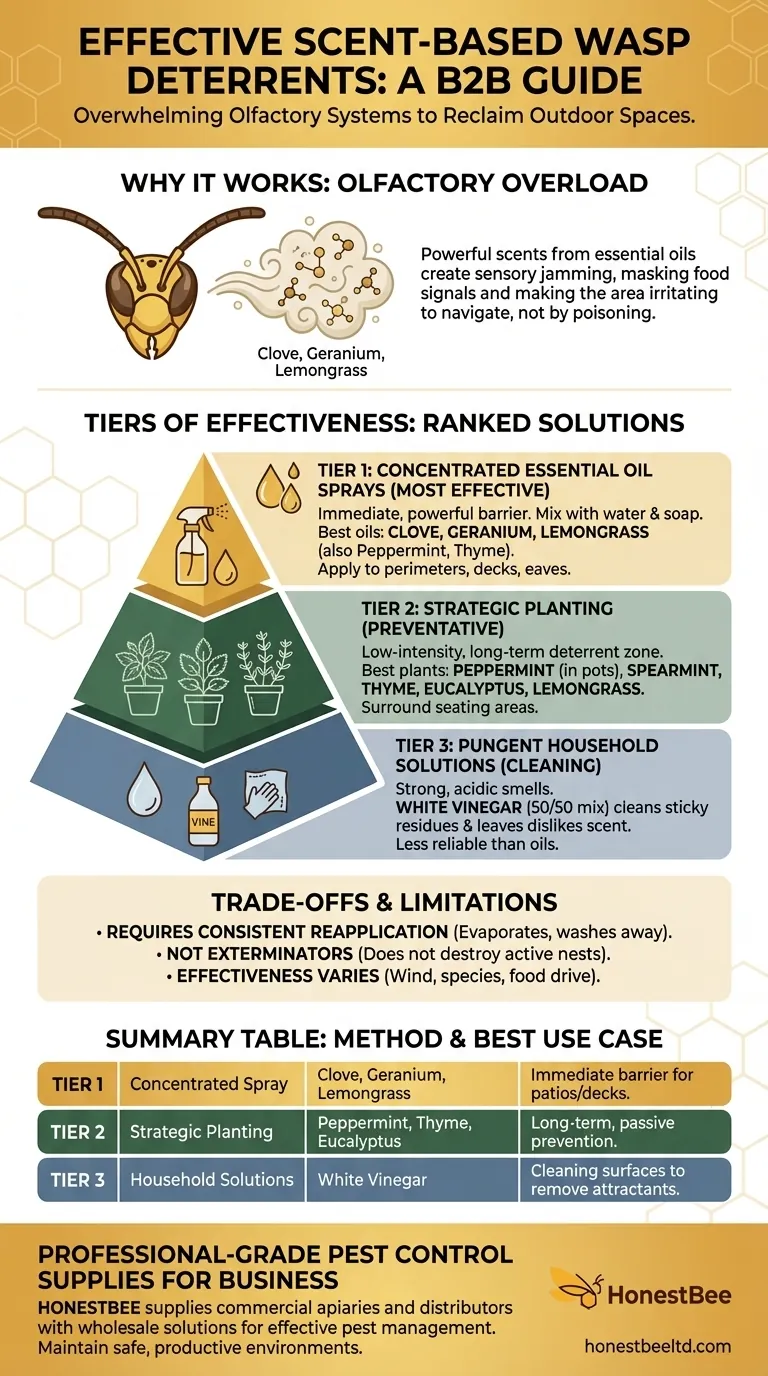
Related Products
- Gourd Shaped Hanging Wasp Trap Professional Wasp Catcher
- Professional Insulated Winter Hive Wrap for Beekeeping
- Professional Bucket Style Wasp and Moth Pheromone Trap
- Heavy-Duty Galvanized Steel W-Style Pallet Clip
- Professional Cone Style Bee Escape for Efficient Honey Harvesting
People Also Ask
- What role do specialized wasp traps play in wasp control? Enhance Apiary Security and Pest Monitoring
- What role do specialized wire mesh wasp traps play in apiary management? Protect Your Colonies Safely
- Why is a 1:1 ratio sugar solution used as a bait consumable in Oriental Wasp trapping? Maximize Trapping Efficiency
- Why are Oriental Wasp traps strategically placed on the outer covers of beehives? Maximize Apiary Protection
- How do wire traps and attractants work together? Protect Your Apiary with Effective Wasp Management
